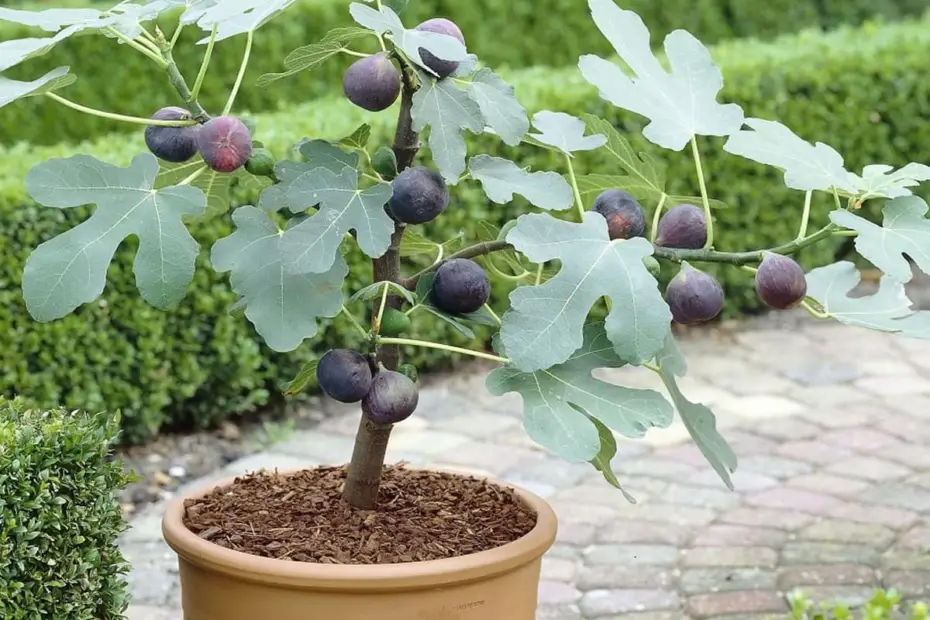
Having a fig tree in your garden is undoubtedly a blessing that should not be underestimated. These trees, full of history and symbolic meaning, bring with them a multitude of material and intangible benefits that enrich your daily life and your outdoor space in surprising ways.
Let’s find out together why you should consider yourself lucky if you have the chance to enjoy this natural wonder in your backyard.
Benefits of figs and fig leaves
1. Nutrients: Figs, juicy fruits produced by fig trees, are a powerhouse of nutrients. They are rich in fiber, vitamins and essential minerals like potassium, magnesium, vitamin A and vitamin K. Consumption of figs contributes to a balanced diet and promotes overall health.
2. Food sustainability: Having a fig tree in your garden gives you access to a sustainable food source. Figs are easy to grow and require little care, but provide abundant fruit. This self-sufficiency can help reduce your dependence on the supermarket and promote a more environmentally friendly lifestyle.
3. Antioxidant properties: Figs contain powerful antioxidants such as polyphenols that help fight oxidative stress in the body. These compounds protect cells from free radical damage, helping to reduce the risk of chronic diseases and maintain healthy aging.
4. Regulates intestinal transit: The fiber present in figs promotes regular intestinal transit and helps prevent digestive problems such as constipation. Eating figs can help maintain a healthy digestive system and promote good intestinal health.
5. Skin Benefits: The oil extracted from fig seeds is rich in essential fatty acids and vitamins that promote healthy skin. It can be used to moisturize and soothe dry skin, reduce inflammation and improve the overall appearance of the skin.
6. Lower cholesterol: Studies have shown that figs can help lower LDL cholesterol levels in the blood and thus improve heart health, making them a healthy addition to your diet.
7. Uses of leaves: Fig leaves offer benefits in addition to fruit. They can be used to make infusions or teas that have antibacterial, anti-inflammatory and anti-diarrheal properties. Fig leaves can contribute to the overall well-being of your body.
In conclusion, owning a fig tree in your garden is a true privilege. Not only does it add beauty and charm to your outdoor space, but it also offers a variety of tangible health benefits through its fruits and leaves.
Appreciate this wonderful blessing of nature and take advantage of all the benefits a fig tree can offer.
